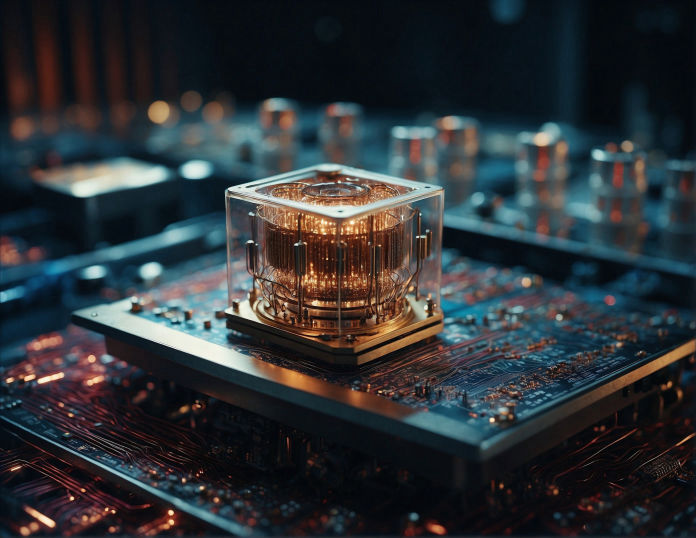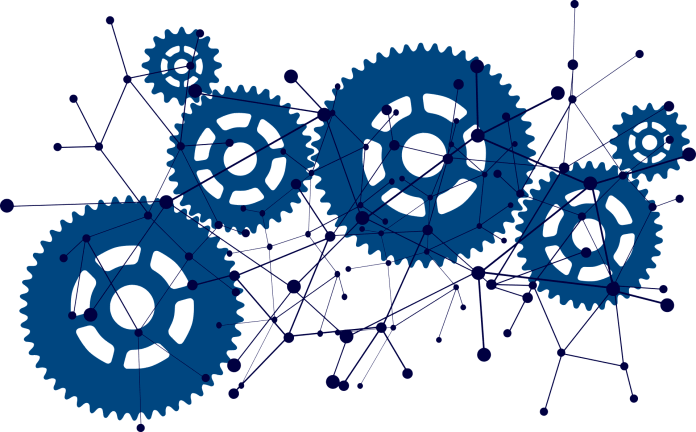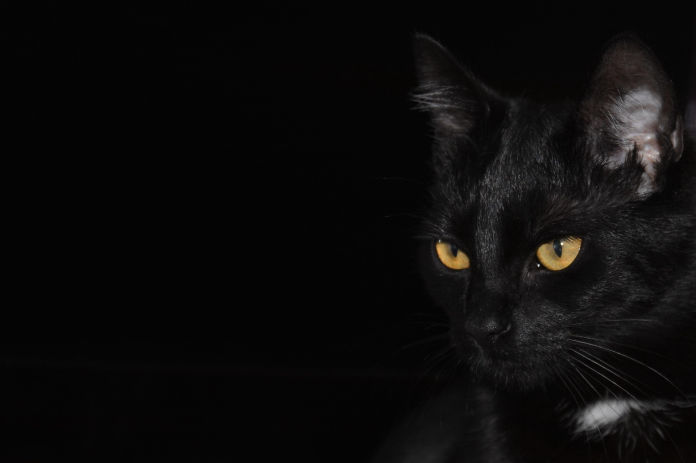
Quantum computing and sensing
Our interest lie in the physics of spin-based quantum computing platforms. We work on electrostatically-gated quantum dot qubits, donor-based spin qubits and spin qubits coupled via circuit quantum electrodynamics. Some of our representative research work are:
Gated quantum dot qubits : npj Quant. Inf. 7, 112 (2021)
Donor qubits : Adv. Mater. 2405916 (2024)
Spin-circuit QED : arXiv:2404.06187
Spin-based quantum sensors : Phys. Rev. Lett. 132, 266801 (2024)


